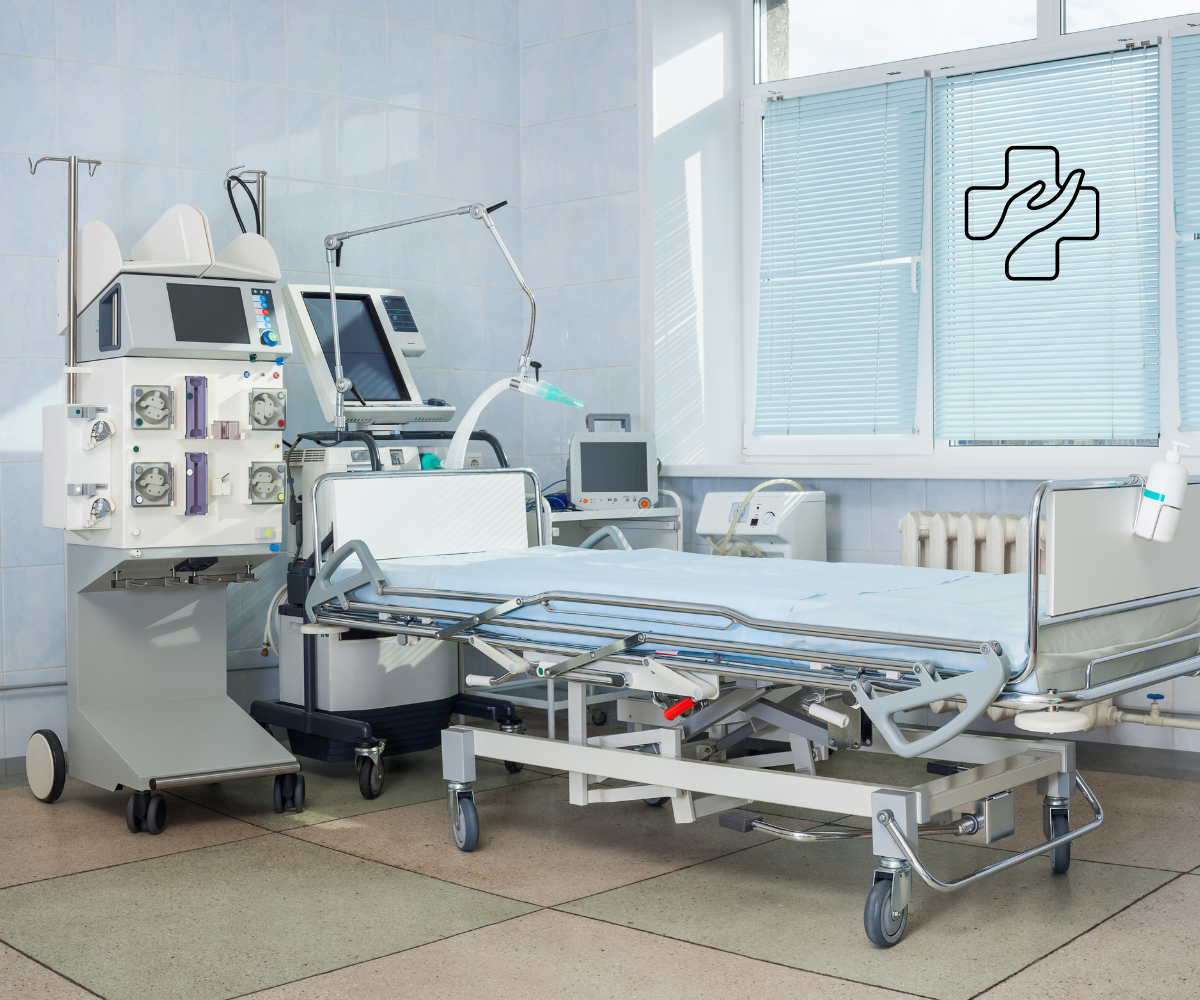From Hospital to Home: Essential Steps in Post-ICU Homecare
At the core of every successful post-ICU homecare journey lies a comprehensive and well-executed plan. Transitioning from the hospital to the comfort of your own home can be a complex process, requiring careful attention to detail and a supportive network of healthcare professionals and loved ones. In this article, we will guide you through the essential steps to ensure a smooth and effective post-ICU homecare experience, providing you with the knowledge and tools necessary to promote recovery and enhance the quality of life for you or your loved one.

- Understanding the Post-ICU Phase
The post-ICU phase is a critical period that requires diligent monitoring and specialized care. It is essential to comprehend the challenges associated with this phase to optimize the recovery process. Common issues experienced by individuals transitioning from the intensive care unit include physical weakness, fatigue, cognitive impairment, emotional distress, and an increased risk of infections. Recognizing and addressing these challenges promptly is vital in facilitating a successful transition.
- Developing a Care Plan
A well-designed care plan forms the foundation of effective post-ICU homecare. Collaborating with healthcare professionals, such as doctors, nurses, and therapists, is crucial to develop a comprehensive plan tailored to the individual’s specific needs. The care plan should encompass various aspects, including medication management, wound care, physical and occupational therapy, dietary considerations, and emotional support. Regular consultations with healthcare providers and periodic reassessment of the care plan are vital to ensure its continued effectiveness.
- Ensuring a Safe and Supportive Home Environment
Creating a safe and supportive home environment is essential to promote healing and minimize the risk of complications. This involves making necessary modifications to accommodate the individual’s specific needs. Considerations may include installing handrails and grab bars, ensuring unobstructed pathways, adjusting furniture for optimal accessibility, and implementing fall prevention measures. Additionally, organizing necessary medical equipment and supplies within easy reach can enhance convenience and efficiency in homecare.
- Medication Management
Proper medication management plays a pivotal role in post-ICU homecare. Adherence to medication schedules, dosage instructions, and potential side effects is crucial for optimizing recovery and preventing complications. It is important to establish a system that ensures timely administration of medications, such as pill organizers or smartphone reminders. Regular communication with the healthcare team regarding medication updates and potential interactions is also essential.
- Nutritional Support
A balanced and nutritious diet is fundamental for recovery and overall well-being. Collaborate with a registered dietitian or nutritionist to develop a meal plan that meets the individual’s specific dietary requirements. In some cases, dietary supplements may be recommended to address nutrient deficiencies. Adequate hydration is equally important, as it aids in various physiological processes and promotes healing. Encourage the consumption of water and other fluids throughout the day.
- Physical and Occupational Therapy
Physical and occupational therapy are integral components of post-ICU homecare, aimed at restoring mobility, strength, and independence. Engaging in prescribed exercises and therapy sessions can facilitate the recovery process and improve overall function. It is essential to follow the guidance of therapists and adhere to the recommended exercise regimen. Gradually increasing activity levels while monitoring for any signs of fatigue or discomfort is crucial for safe and effective rehabilitation.
- Emotional Support and Mental Well-being
The post-ICU phase can be emotionally challenging for both the individual and their loved ones. It is important to prioritize emotional support and mental well-being throughout the homecare journey. Encourage open communication and provide a supportive environment for expressing fears, concerns, and emotions. Engaging in activities that promote relaxation, such as meditation or pursuing hobbies, can also contribute to mental well-being.
Successfully navigating the post-ICU homecare journey requires careful planning, coordination, and a holistic approach to care. By understanding the challenges, developing a comprehensive care plan, ensuring a safe home environment, managing medications, providing proper nutrition, engaging in therapy, and prioritizing emotional support, individuals can maximize their chances of a smooth recovery. Remember, every step taken towards post-ICU homecare is an opportunity for progress and renewed hope.
At Gerico Care, we specialize in providing exceptional post-ICU homecare services, ensuring the seamless transition and comprehensive management of patients in the comfort of their own homes. Our dedicated team of experienced healthcare professionals works closely with individuals and their families to develop personalized care plans tailored to their specific needs. From medication management and wound care to physical and occupational therapy, our experts deliver compassionate and expert care, promoting optimal recovery and enhanced quality of life. We prioritize safety, emotional support, and the creation of a supportive home environment, fostering a nurturing atmosphere where patients can thrive. With Gerico Care, you can trust that your loved ones will receive the highest level of care and attention during their post-ICU journey.


